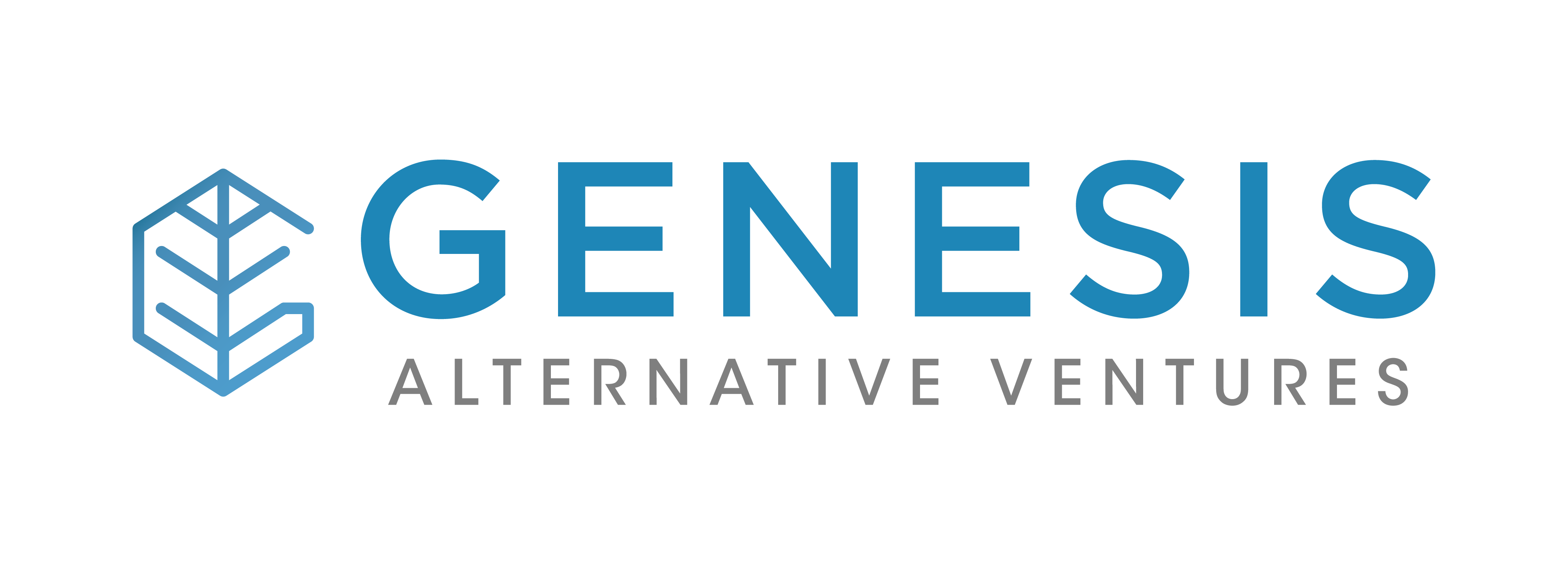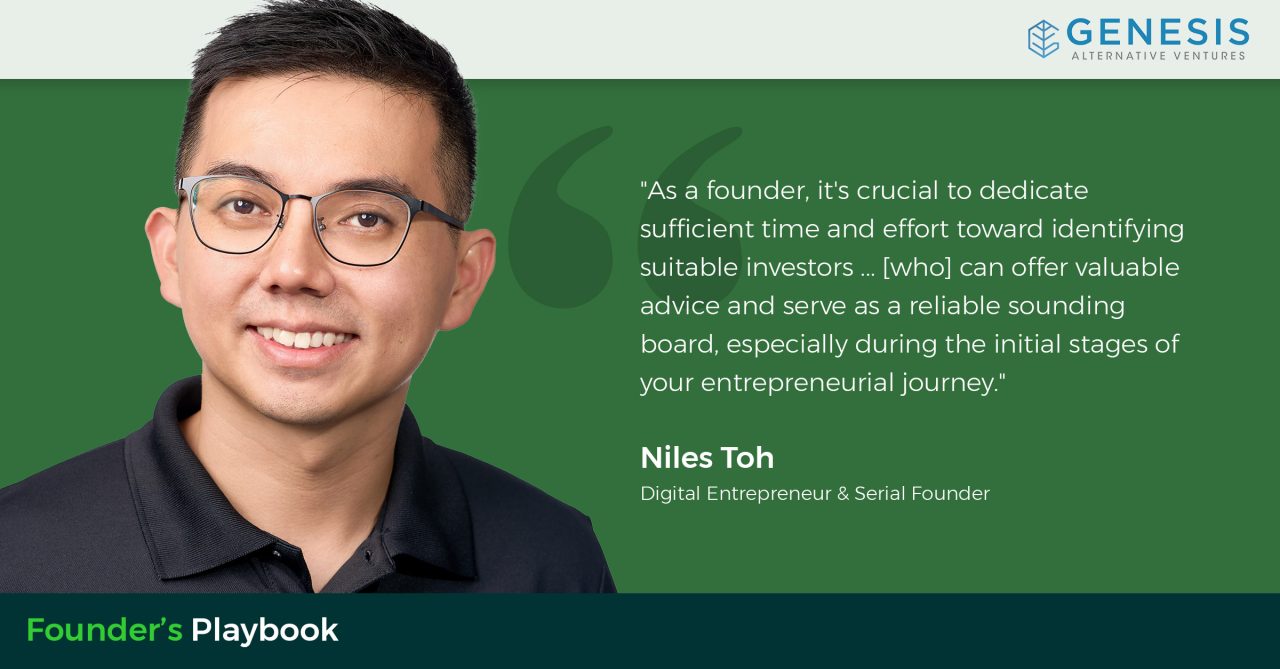Founder’s Guide to Hiring A CFO for Your Startup
The success of any startup is inherently tied to the effectiveness of its financial management, making the role of the Chief Financial Officer (CFO) a cornerstone of the company’s growth trajectory. However, the decision to hire a CFO must be well-timed, taking into account the specific needs and stage of the startup. In this article, we have outlined the critical factors about when, what, and how to select a CFO for your startup.
When to Bring Onboard a CFO
Founders often opt to manage the finance function themselves or work with an accountant until they reach Series C or even later stages. This approach can be acceptable, particularly if the founder has a finance or banking background (although it can be a significant distraction for them!). Alternatively, it might work if their investors are actively involved in daily operations. However, linking the decision to hire a CFO solely to the funding stage, rather than considering the internal business needs, can be detrimental to the startup. It not only distracts the founder but also deprives them of a valuable, independent perspective during the crucial early scaling phase of their business.
 | “Once a startup has achieved product-market fit, and can afford an experienced CFO, it should start looking to fill that role … [to] help the CEO in fine-tuning pricing, tracking unit economics, evaluating alternative business strategies through a financial lens, and figuring out the funding roadmap” – Jaideep Lakshminarayanan |
Jaideep Lakshminarayanan, CFO of the AI fintech Trusting Social, recommends that once a startup has achieved product-market fit, and can afford an experienced CFO, it should start looking to fill that role. That person would help the CEO in fine-tuning pricing, tracking unit economics, evaluating alternative business strategies through a financial lens, and figuring out the funding roadmap. Having the CFO be a strategy partner at the C-suite is impactful, since many founding teams are from tech or product backgrounds.
Similarly, Kelvin Li, CFO of the market research and data analytics startup, Milieu Insight, emphasizes two primary considerations for determining the right time to bring in a CFO, primarily concerning fundraising and scaling. During institutional funding rounds, having a CFO onboard becomes vital, as fundraising can be time-consuming. A skilled CFO can streamline the process, allowing the leadership team to focus on other business aspects. Additionally, a CFO’s guidance on deal structure ensures fair terms and maximizes value for existing shareholders. With growing scale, setting up entities in multiple markets requires substantial attention and time, necessitating a CFO’s focus on these intricate operational and regulatory aspects, enabling successful market expansion.
What to Look for in a Startup CFO
The responsibilities of a startup CFO transcend traditional financial stewardship. Their role demands a specific skill set tailored to the complexities of a dynamic startup environment. This includes proficiency in financial planning, financial modelling, fundraising, treasury management, strategic thinking, tax planning, and ensuring compliance with a range of financial, tax, and employment laws.
“A startup is expected to take some time to achieve cashflow breakeven, so having a thorough understanding of the revenue and cost levers enables the company to manage its cash flow effectively before it achieves profitability,” says Kelvin from Milieu Insight.
 | “A startup is expected to take some time to achieve cashflow breakeven, so having a thorough understanding of the revenue and cost levers enables the company to manage its cash flow effectively before it achieves profitability” – Kelvin Li |
Furthermore, there are many unknown risks that a startup has a deal with. Therefore a startup CFO must possess forward-thinking abilities, capable of envisioning the broader landscape, preempting potential hurdles, and identifying opportunities – while articulating this clearly to financial and non-financial stakeholders, both internally and externally.
“The startup environment is super fast-paced and a CFO should be adaptable to change and capable of making quick and informed decisions – often without complete financial information,” says Dominic Ong, CFO of digital wealth platform, Endowus.
 | “The startup environment is super fast-paced and a CFO should be adaptable to change and capable of making quick and informed decisions – often without complete financial information.” – Dominic Ong |
Relationship-building and risk-mitigation skills are just as important. Jaideep adds that, “a startup CFO serves as the primary point of contact for the company with investors and strategic partners, utilizing external market insights, and identifying potential acquisition prospects. Additionally, the CFO can play a defensive role by pinpointing various risks within the business, such as customer concentration, currency exposure, and contractual vulnerabilities, and taking proactive measures to mitigate these risks.
How to Choose the Right CFO for Your Startup
Hiring the right CFO for your startup is a critical decision. Here are some strategies for finding and selecting the ideal candidate:
- Figure out a Hiring Model
Startup Founders often face the challenge of juggling multiple responsibilities, making the task of financial management particularly demanding. Nevertheless, the availability of accurate, real-time financial data and strategic insights remains crucial for making informed decisions that can significantly impact the company’s trajectory.
When considering hiring a CFO, startups can choose from different models, including full-time/in-house, interim, or fractional, depending on their stage, business complexity, and budget constraints. Opting for a fractional CFO can provide the necessary level of expertise within a limited budget.
Unlike consultants who simply recommend a strategy, fractional leaders have full ownership of the role and function within the organization, and are working towards KPIs and outcomes. They engage in strategic planning, execute initiatives, measure progress, and adapt strategies as needed.
According to Elena Chow, Founder of ConnectOne, a talent solutions firm focused on startups, “Engaging a fractional CFO is a practical option for early-stage startups, providing the necessary expertise and resources to streamline financial operations without the need for a full-time team or a significant financial commitment. Such an arrangement can work well if it is structured with very specific outcomes and deliverables.”
 | “Engaging a fractional CFO is a practical option for early-stage startups, providing the necessary expertise and resources to streamline financial operations without the need for a full-time team or a significant financial commitment. Such an arrangement can work well if it is structured with very specific outcomes and deliverables.” – Elena Chow |
- Seek Expert Advice
Consult your lead VC or Advisory Board member with deep industry experience to help assess your startup’s needs and identify suitable CFO candidates. Your VC has worked with many CFOs and their experience can be invaluable in recommending a candidate with a proven track record and culture-fit. Your VC or Board member can also partner you in the interview process and act as a sounding board.
- Technical Qualifications
An effective startup CFO offers deep strategic financial expertise that complements the technical skills of the C-suite and aligns with the company’s core business objectives. They must have the capability to identify essential metrics for effective business management and enforce a structured approach to tracking and reporting these metrics. This ensures that the decision-making process within the C-suite is both well-informed and timely.
Key prerequisites for a competent startup CFO include:
- A minimum of 10 years of industry experience, preferably in Corporate Finance.
- Background experience from “Big 4” accounting firms, along with CPA or MBA certifications.
- Previous involvement in fundraising, mergers and acquisitions (M&A), and initial public offerings (IPOs).
- Proven experience in leading startups through successive scale-ups.
- A history of serving as a reliable sounding board for the CEO, particularly highly stressful situations
- Some operational experience in identifying inefficiencies and bottlenecks and devising actional plans to address them.
- Essential Soft Skills
According to Dominic, a startup CFO needs to be a forward-thinker, capable of seeing the big picture, and anticipating potential challenges and opportunities – while articulating this clearly to financial and non-financial stakeholders both internally and externally. While there is no “one-size-fits-all”, there are certain attributes that are critical for startup CFOs, which include:
- Conflict Management: As the role of finance is to provide checks and balances, the CFO’s ability to disagree and forge a compromise is an essential skill.
- Change management: A top startup CFO must be comfortable with change and ambiguity, adapting quickly to dynamically evolving circumstances.
- Relationship Building: Beyond being a “cost gatekeeper”, a CFO capable of fostering strong relationships both internally and externally can help channel collective resources and efforts toward accomplishing the company’s mission.:
- Emotional Self-Mastery: Because startups will go through business pivots and funding crises, an essential trait that a CFO should have is keeping a cool head as you work through the challenges together.
- Creative Problem-solving: A startup’s growth journey is often non-linear, so a CFO must be able to devise customised solutions for dynamic situations must be able to juggle and prioritize multiple workstreams
- Gather Feedback
All the CFOs in this article agree that honesty and integrity are non-negotiables, therefore carrying out due diligence on the candidate is paramount. Conducting comprehensive background checks, including thorough network assessments with the candidate’s former colleagues, business partners, and clients, is crucial to verifying their professional history and character. Your VC, trusted advisor, or Board Member can assist with a confidential check regarding their ethical standards, work ethic, and overall performance. This process not only safeguards your company from potential risks but also allows you to make an informed decision that aligns with your organization’s values and long-term objectives.
The ultimate goal is for the CFO to become a strategic partner, contributing to long-term planning and decision-making, including pricing, expansion, acquisitions, and more. It is multi-faceted and evolves as the company grows. Timing the hire correctly, understanding the specific skills and qualifications required, and adopting the right hiring model are crucial for ensuring your startup’s financial health and long-term success. A skilled CFO can help guide your startup through the challenges of scaling while contributing significantly to bringing your dream to life.
Download our TDLR checklist here.




